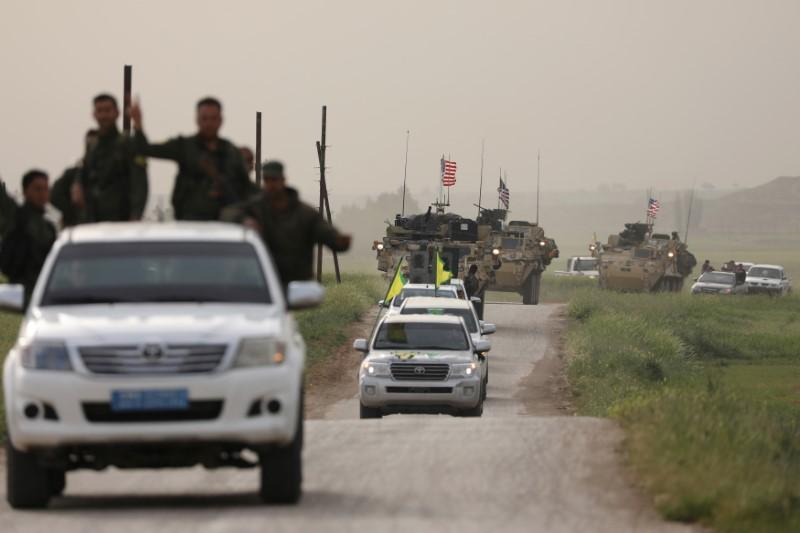While Sweden and Finland both officially applied for NATO membership this week, longstanding alliance member Turkey still appears dead-set against the move, saying the two Nordic countries provide a “haven” to terrorist groups that threaten Turkey’s security.
“We have told our allies that Turkey will say ‘no’ to Sweden and Finland joining NATO and we intend to maintain this position,” Turkish President Recep Tayyip Erdogan said on May 19.





